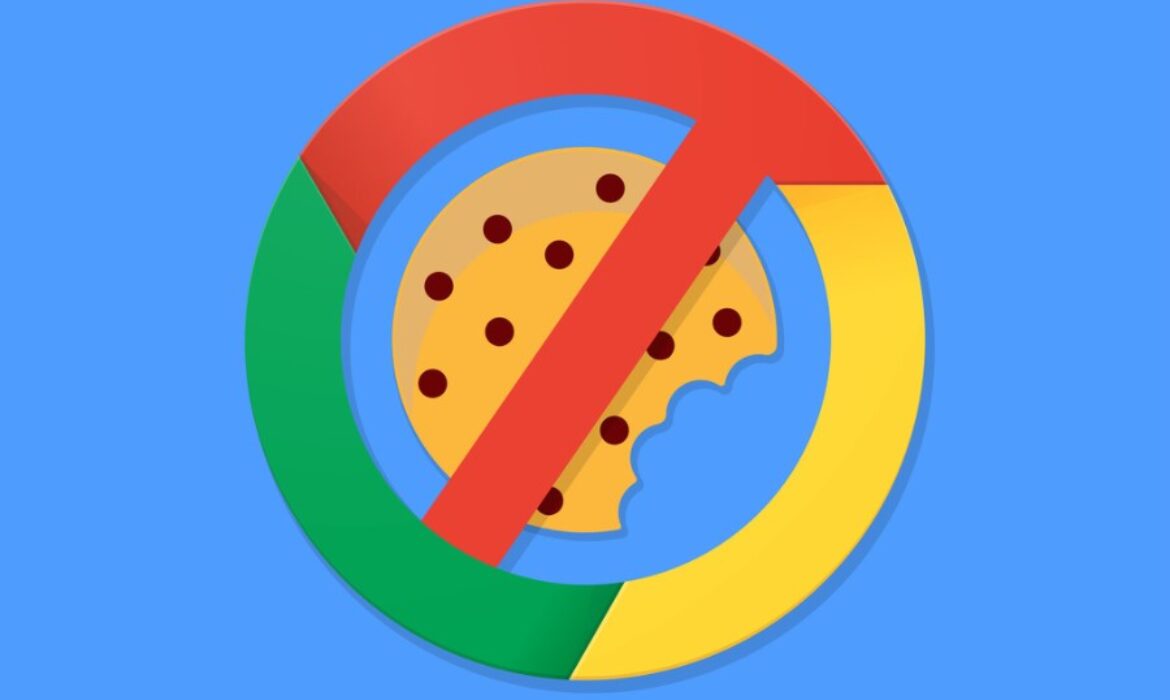Google Turning off Third-Party cookies From Chrome
The digital giant is confident to sustain the ad-supported world while turning the cookies archaic.
The company today announced its plans to phase out third parties cookies within two years from its popular Chrome browser. The move comes as digital advertising is seeing drastic changes in how ads are bought and sold. Other popular browsers like Apple’s Safari with 56% market share already have implemented similar measures to safeguard users’ details. This move doesn’t come as a surprise since Google’s announcement around privacy in Chrome, including ‘Privacy Sandbox’.
StatCounter data states that Google Chrome has a 69 percent market share on desktop and 40 percent on mobile. This aggressive timeline put the company on a track that will surely affect all facets of the ad industry.
Justin Schuh, Google’s director for Chrome engineering said, “This is our strategy to re-architect the standards of the web, to make it privacy-preserving by default.” He further adds users are demanding privacy and the web ecosystem needs to evolve with greater demands. Google’s team is also working on preventing fingerprinting among other things.
Cookies were once the base of targeting users through programmatic advertising, but with the use of ad blockers and users clearing the cookies hindered the effectiveness. The ad industry then found a new way ‘fingerprinting’. This involved using the information of the user’s browser coupled with the user’s unique browser settings to build a unique profile of the user without using cookies. The unique settings are the plug-ins, IP address, fonts, and extensions installed by the users. This information is used to create a profile of the user, which is used to target them with ads through programmatic without using cookies.
Impact on the publishers and ad industry
Starting this February, Google will implement techniques to limit cross-site tracking by imposing its new SameSite rules and third party cookies can only be accessed with an HTTPS connection. In the next two years, Google plans to completely remove third party cookies from Chrome which marks a significant change for the advertising industry and publishers who highly depend on marketers to track users across the web. Google’s answer to this is “privacy sandbox” which would allow advertisers to show relevant ads and allows users to share as little information about themselves and their browsing history as possible.
Google in its blog says it is confident that Privacy Sandbox “can sustain a healthy, ad-supported web in a way that will render third-party cookies obsolete.” however, industry players suggest this will only enhance Google’s strong plans.
At present, Chrome’s competitors are taking radical steps to block third-party cookies. It remains to be seen how this will turn out in the future as a lot of ideas are still in pipeline. It will be interesting to how the industry will take the change given Google’s own role in advertising. Google needs to get this right to keep the web ecosystem healthy.
Author Profile
- adscholars
Latest Posts
 MediaMarch 29, 2023Petal Ads Announces Partnership With MMP WorldWide
MediaMarch 29, 2023Petal Ads Announces Partnership With MMP WorldWide MediaMarch 28, 2023Silverpush and PubMatic join hands for better digital advertising in APAC
MediaMarch 28, 2023Silverpush and PubMatic join hands for better digital advertising in APAC MediaMarch 28, 2023PubMatic Partners with Comscore’s Proximic for ID-Less Targeting
MediaMarch 28, 2023PubMatic Partners with Comscore’s Proximic for ID-Less Targeting MarketingMarch 14, 2023Adform and Digiseg offer new ad tool for Saudi Arabia advertisers
MarketingMarch 14, 2023Adform and Digiseg offer new ad tool for Saudi Arabia advertisers










